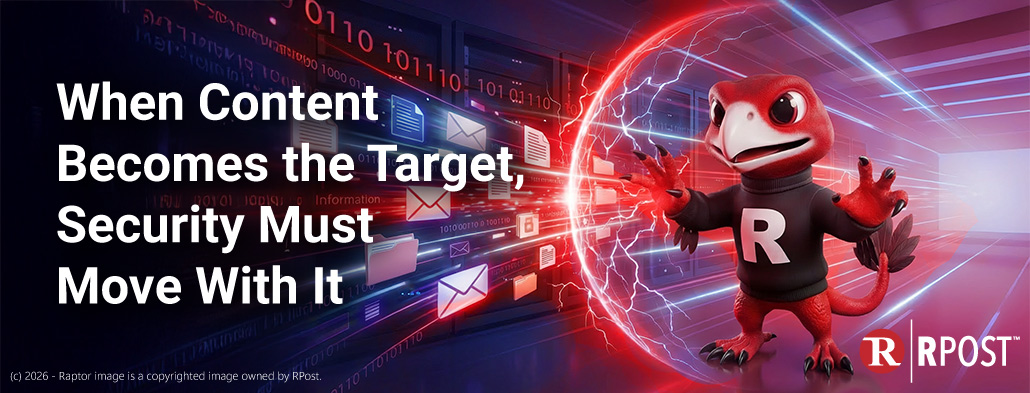Is Work from Home Here to Stay Permanently? Almost everyone around the world is working from home, due to the imposed lockdown to battle the Covid-19 pandemic. This arrangement has a lot of benefits for both employees and employers. But, will the work from home continue even after the lockdown restrictions are lifted?
Practicing Fake Eye Contact in Video Meetings There are some positive changes in human behavior accelerated by this current health crisis. One is easily being able to identify what a 6-foot distance looks like – or the measurements used in Canada (one hockey stick length) and in Florida (one alligator length). Another is the realization […]
Email impostor trickiness lures HR staff to change ADP payroll direct deposits In these strange economic times, impostors have identified an overworked company department. With Human Resource (HR) departments handling a new onslaught of employee concerns and issues, staffing changes, and remote work policies, email imposters have inserted themselves stealthily into their world. And, they […]
Will you be working from home ‘FOREVER’? A lot has been made recently about the Twitter CEO telling his employees that they can work from home ‘forever’ if they see fit. This past Tuesday, the Twitter CEO sent out a much-talked-about email (funny he didn’t use his company’s namesake product for this). The email states, […]
Home email, the new normal for millions of Americans Today the Labor Department released a report that showed over 20 million jobs were lost in April alone, boosting the unemployment rate to nearly 15%. These are levels perhaps never seen by any living American. Even as people start to venture out to beaches and parks […]
.jpg)
February 13, 2026

February 06, 2026

January 30, 2026

January 23, 2026

January 16, 2026